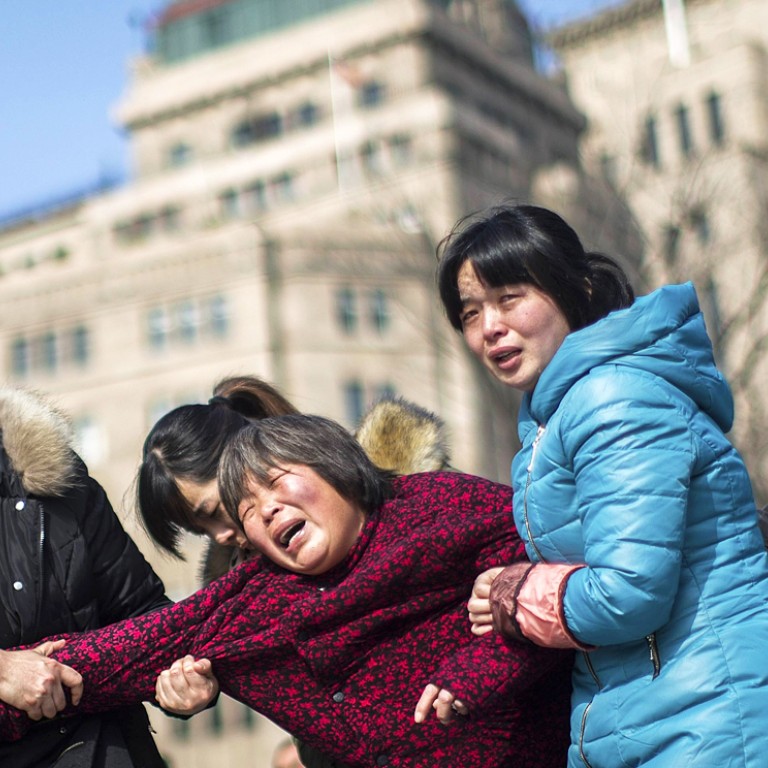
Tragic lessons are no accident
Shanghai's New Year's Eve stampede and a warehouse fire in the Heilongjiang city of Harbin that claimed the lives of five firefighters have been portrayed by officials as accidents.
Shanghai's New Year's Eve stampede and a warehouse fire in the Heilongjiang city of Harbin that claimed the lives of five firefighters have been portrayed by officials as accidents. Both fit that definition, being unplanned and not intended, but there the similarities end. If rules and regulations had been followed, had there been inspections and policing, the terrible loss of life could have been avoided. It is a matter of urban management.
The problem is a familiar one for fast-developing nations, and especially so for the mainland. Abundant capital has meant that urbanisation has rapidly surged, leaving policy struggling to catch up. Flashy skyscrapers, grand infrastructure like airports and subways, and huge shopping precincts have sprouted up to cater for the flood of rural people to the cities. Overwhelmed authorities are often too slow to respond.
Although an investigation is under way into the crush on the Bund in Shanghai in which 36 people were trampled to death, police were unprepared for so many people in such a confined space. More than 300,000 crammed into the historic district in 2013 for a 3D laser light show to usher in the new year and out of safety, it had been moved to a more spacious location across the city's Huangpu River. But officials had neglected to adequately publicise the change and police had not expected such a large gathering; where there should have been manned entry and exit points, there was instead chaos.
The lack of adequate access for fire engines delayed efforts to fight the blaze in a huge commercial and residential complex in Harbin. Despite the building having failed a construction quality appraisal, more than 1,000 shops and hundreds of residents were still permitted on its 11 floors. There was only rudimentary monitoring for fire prevention, despite the poor condition of the structure.
Some officials clearly are not taking President Xi Jinping's accountability drive to heart. To dampen the negative publicity, they have been trying to control media coverage and silence critics, especially online. They are trying to minimise the fallout to protect themselves, but with such tragedies, the discussion will not go away. There has to be transparency and measures taken to prevent repeats. Management shortcomings have to be fixed. Rules and regulations have to be enforced and maintained. Only by learning from lessons and remembering past mistakes can people and property be protected.

